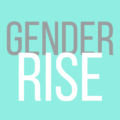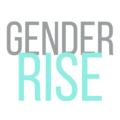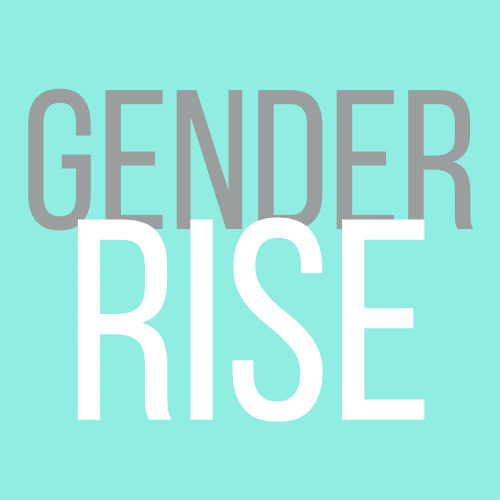The Road To Gender Equality And Sustainable Development

In recent years we are experiencing a paradigm shift in our understanding of gender inequality at work and beyond. As a response, the most prograssive companies are shifting from seeing gender equality as an ethical or compliance issue to understanding the business incentive and the connection between gender equality and sustainable development of their organisation in particular, and local and global markets as a whole. In order to understand this movement, we need to first break down the reasons for this global trend and then discuss what are the steps each company or organisation should take in order to make sure their competitiveness, sustainability and resilience, moving forward.
So what is the business incentive? let’s start with some facts. According to research, companies who prioritise gender equality and diversity show:
- 48% higher operating margin (McKinsey).
- 42% higher return on sales (Deloitte).
- 45% higher earnings per share (HuffPost).
- 73% better team decision making (Forbes).
These significant benefits stem from the fact that diverse people bring over diverse points of view and priorities and create a better working mechanism as a whole. In other words, gender equality and diversity cancels out the dangers of groupthink and enables a better working environment for everyone to be at their best, decreasing turnover and increasing retainment, leading to higher capacity and delivering better results.
At the same time, it is also important to remember that by prioritising gender equality, organisations are protecting themselves from potential lawsuits, leading to significant business expenses and worse, might damage their brand reputation. Unfortunately, issues of sexual harrasemnet or gender-based discrimination are not a new phenomenah, however what is new is the decreasing tolerance to resolve these issues behind closed doors and the increased media exposure on these topics.
Moreover, and perhaps more important are the gender identification and priorities of the current and new generations who are occupying a growing share of both the labor force and consumer market. Research on Millennials and Generation Z priorities shows:
- 67% of job seekers overall look at workforce diversity when evaluating an offer (Glassdoor)
- 61% of women look at the gender diversity of the employer’s leadership team when deciding where to work (PwC)
- Equality and inclusivity is the second-most important factor for Generation Z (Rainmaker Thinking)
- Only 66% of people aged between 16 and 22 identify as “exclusively heterosexual”: the lowest figure of any generation (Ipsos Mori)
- Nearly 25% of Gen Zs expect their gender identification to change during their lifetime (Gucci & Irregular Labs)
These generations bring about a grassroot necessity for companies to ensure better gender balance throughout the company and especially at Leadership level, and focus on the rights and needs of LGBTQ in the workplace. At this pivotal time, where everyone is assessing their work-life balance and what is really important to them, these priorities will insure organisational sustainability.
When it comes to solutions, the overall framework is simple; Since gender equality and diversity is a business incentive, it should be treated just like any other business goal. With the understanding that this is a slow and steady process, organisations should incorporate gender targets into their strategic planning with clear and measurable benchmarks both for the quick wins as well as the long term objectives.
Gender strategy should focus on the incorporation of gender mainstreaming policy, as well as guidelines on gender sensitive language. Once the strategic plan is in place, make sure that the leadership team is directly accountable for it’s deliverance and incorporate incentives and ongoing monitoring to encourage delivering on results. And finally, We at Gender Rise encourage our clients to make their gender strategy public in order to increase visibility and accountability and celebrate their achievements as they become leaders of gender equality and sustainable development in their industry and beyond.



